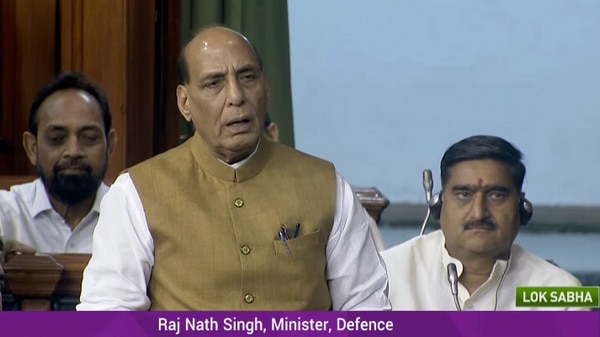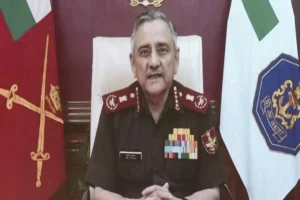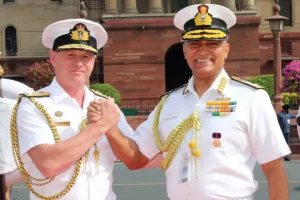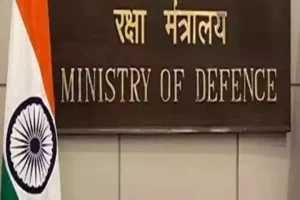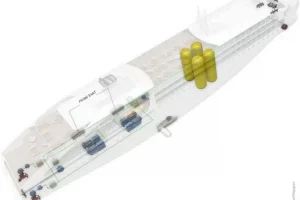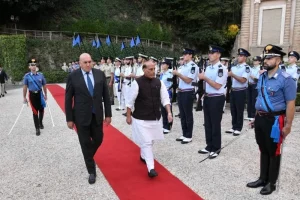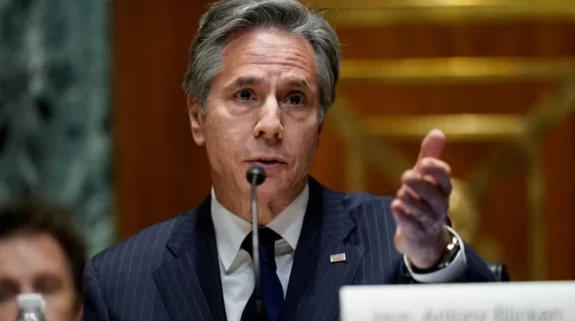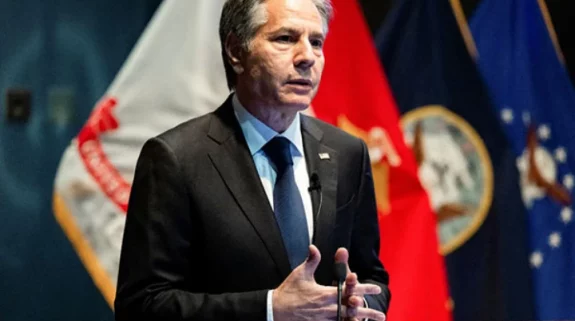The Lok Sabha on Friday passed the Bill to empower commanders of inter-services organisations to exercise disciplinary or administrative control over personnel of the army, air force and navy serving under their joint command to pave the way for theaterisation of command for closer coordination and optimum use of the three armed forces.
Introducing the Bill in the House, Defence Minister Rajnath Singh said it promotes jointness and provides better disciplinary and administrative powers to commander of inter-services organisations.
“I want to assure the House that this bill is an important step in the direction of military reforms. This bill does not include any additional financial implications,” he said.
The Defence Minister explained that at present the service personnel of Air Force, Army and Navy are governed by the provisions of the Air Force Act, 1950, the Army Act, 1950 and the Navy Act, 1957 and only officers of the respective services are empowered to exercise disciplinary powers over the service personnel under the respective Service Acts.
He said the Bill will essentially be an enabling legislation, which empowers the Heads of the Inter-services Organisations to exercise effective command, control and discipline on all personnel of regular Air Force, Army and Navy and to persons of other forces as notified by the Central Government, who are serving in or attached to an Inter-services Organisation, without amending the respective Acts.
Singh termed it as part of a series of military reforms being undertaken by the Government, led by Prime Minister Narendra Modi, with the aim to empower the nation. He described the bill as an important step taken towards integration and jointness among the Armed Forces to face the future challenges in an integrated manner.
Theaterisation is a concept that seeks to integrate the capabilities of the three services — army, air force and navy — and utilise their resources for wars and operations.
The current thinking is to go in for three integrated theatre commands. According to the plan that is on the anvil, Jaipur, home to the Army’s South Western Command, will be the headquarters for the theatre command that will look after the border with Pakistan. The other theatre command to take care of the borders with China will be headquartered at Lucknow, which currently is the headquarters of the Central Command.
The third will be a maritime theatre command to look after India’s maritime and coastal interests which will have its headquarters at the Karwar seaport on the Karnataka coast near Goa.
While the maritime command will be headed by a Naval officer, the other two will see rotational appointments from the Army and the Air Force.
India’s first CDS General Bipin Rawat had spearheaded the concept of theatre commands.
Chief of Defence Staff General Anil Chauhan had recently said that the theaterisation of the Indian military was on the anvil and would be the most ambitious change attempted post-Independence in the armed forces with far reaching implications.






